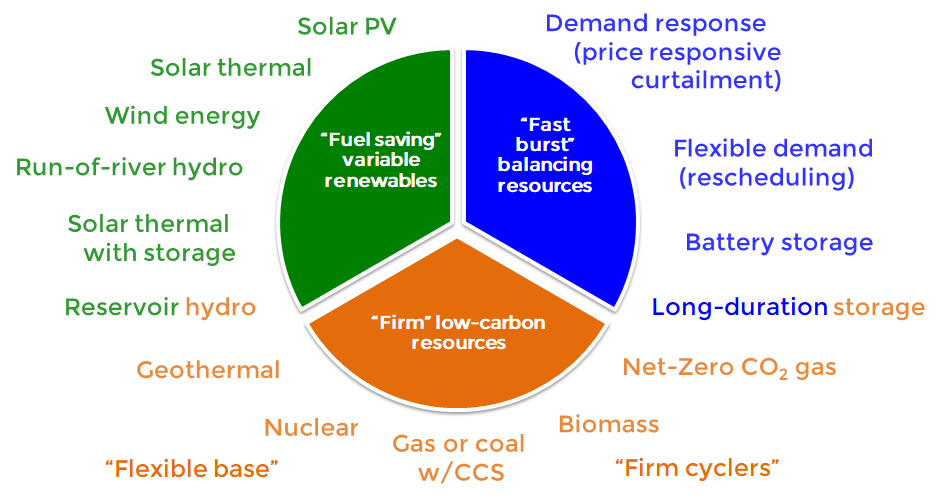To avoid the worst impacts of climate change, global emissions of CO2 must fall to zero by roughly mid-century and go net negative soon thereafter. Rich, developed nations like the United States have the means, and arguably the obligation, to lead the pace of transition. What will it take for the United States to build a net-zero emissions energy system? Why is a 100% carbon-free electricity system pivotal to this challenge? What role do technologies like wind, solar, batteries, nuclear, and carbon capture play in this future? Prof. Jenkins will summarize the decarbonization challenge in the American context, drawing on recent publications and preliminary findings of Princeton’s Net-Zero America Project, which is mapping pathways for the United States to reach net-zero greenhouse gas emissions by 2050.
Useful Links
Getting to Zero: Can America Transition to a Net-Zero Emissions Energy System?
The Energy Systems Analysis Group (ESAG), Princeton University
Carbon Mitigation Initiative (CMI), Princeton University
Evolved Energy Research, Near-term advising on long-term energy transition
